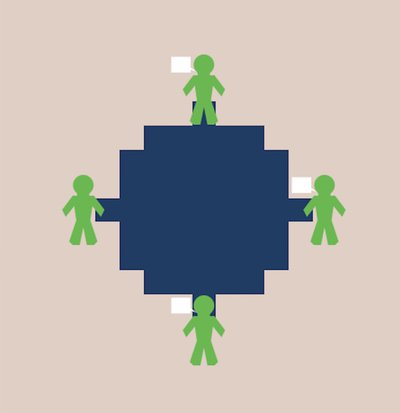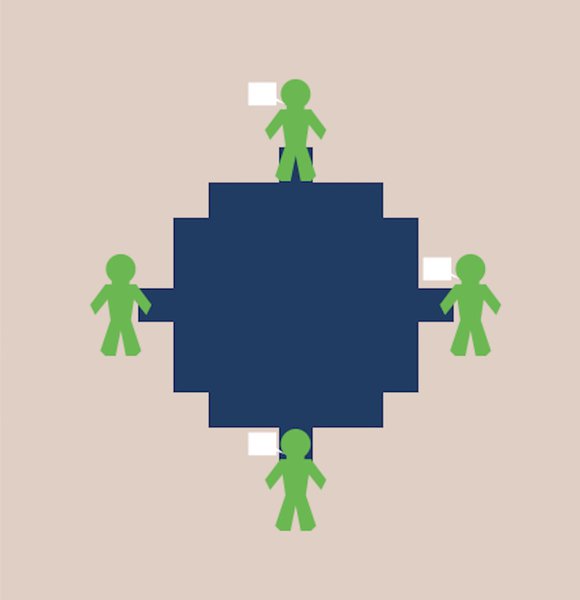AgentEx (1.0.0)
AgentEx aims to advance understanding of group processes for sustainable management of a common pool resource (CPR) in dynamic social-ecological environments. It targets to qualitatively reproduce and explain patterns observed in behavioural CPR laboratory experiments.
AgentEx (v1.0) represents an explanation that is characterised by three individual-level factors: individual ecological knowledge, confidence in knowledge and social skills that interact to determine individual and group knowledge as the outcomes of communication/knowledge sharing and knowledge updating.

Release Notes
AgentEx v1.0 explanation focus: ecological knowledge, confidence in knowledge and social skills
Associated Publications
Schill, C., Wijermans, N., Schlüter M. & T. Lindahl (2016). Cooperation Is Not Enough - Exploring Social-Ecological Micro-Foundations for Sustainable Common-Pool Resource Use. PLoS ONE 11(8): e0157796.doi:10.1371/journal.pone.0157796.
AgentEx 1.0.0
Submitted by
Nanda Wijermans
Published Nov 13, 2016
Last modified May 25, 2021
AgentEx aims to advance understanding of group processes for sustainable management of a common pool resource (CPR) in dynamic social-ecological environments. It targets to qualitatively reproduce and explain patterns observed in behavioural CPR laboratory experiments.
AgentEx (v1.0) represents an explanation that is characterised by three individual-level factors: individual ecological knowledge, confidence in knowledge and social skills that interact to determine individual and group knowledge as the outcomes of communication/knowledge sharing and knowledge updating.
Release Notes
AgentEx v1.0 explanation focus: ecological knowledge, confidence in knowledge and social skills

